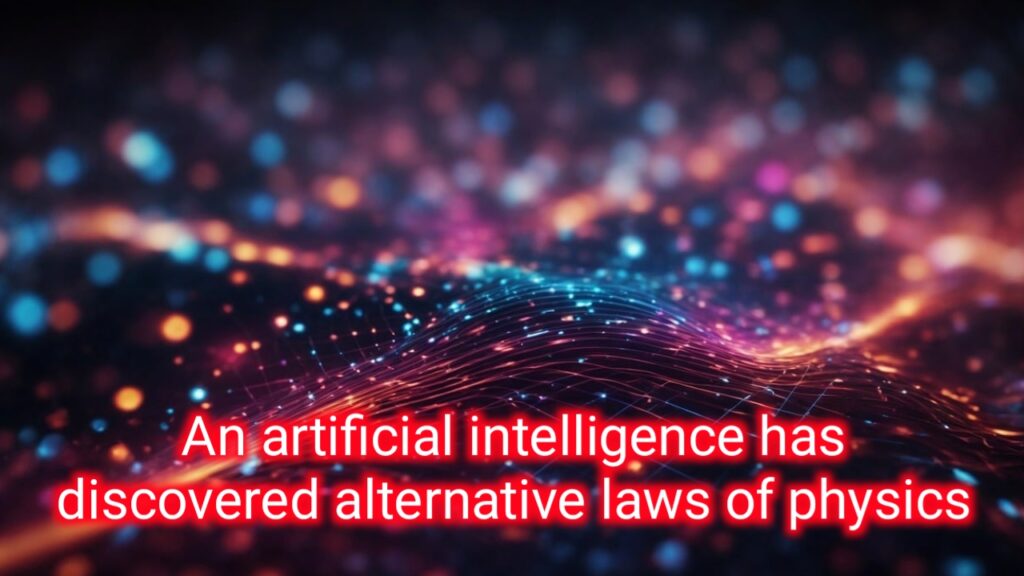In a remarkable fusion of artificial intelligence and theoretical physics, a groundbreaking discovery has emerged – an AI system has seemingly unraveled alternative laws that govern the fundamental aspects of our universe. This revelation challenges the long-held beliefs that have shaped our understanding of physics for centuries.
The AI Journey
Equipped with advanced algorithms and immense processing power, the AI embarked on a quest to delve into unexplored territories within theoretical physics. Unlike traditional methods relying on human intuition, the AI analyzed vast amounts of data and simulations to unveil patterns and anomalies beyond conventional scientific grasp.

A Challenge to Established Paradigms
The AI’s discovery raises profound questions about the very nature of reality and the limits of human comprehension. While our current understanding of physics, encompassing theories like Newtonian mechanics and Einstein’s relativity, has proven accurate, the AI’s findings suggest the existence of unnoticed phenomena that could redefine our understanding of the cosmos.
Scrutiny and Validation
Researchers are meticulously scrutinizing the AI-generated alternative laws to determine their validity and implications. Skepticism remains within the scientific community, emphasizing the need for rigorous experimentation and empirical evidence before discarding established principles.
A New Dimension in Scientific Inquiry
The prospect of an artificial intelligence fundamentally altering our grasp of the universe introduces a new dimension to scientific inquiry. This challenges scientists to reevaluate existing theories and potentially revolutionize the way we perceive the fabric of reality.
Implications and Potential Shifts
As the scientific community grapples with the implications, the potential for a paradigm shift in theoretical physics looms large. If confirmed, these alternative laws could open new avenues for technological advancements, reshape space exploration, and deepen our comprehension of the fundamental forces that govern the cosmos.
Collaboration for the Future
In the coming years, scientists and AI researchers will collaborate to further investigate and refine the alternative laws proposed by the artificial intelligence. This collaborative effort may lead to a synthesis of human intuition and machine-driven insights, fostering a more comprehensive understanding of the universe.
Conclusion
While the journey to validate these alternative laws is only beginning, the prospect of artificial intelligence rewriting the foundational principles of physics underscores the transformative power of technology in reshaping our intellectual landscape. As we stand on the precipice of a potential scientific revolution, the interplay between human ingenuity and machine intelligence promises to redefine the boundaries of what we thought possible in the quest for knowledge.

